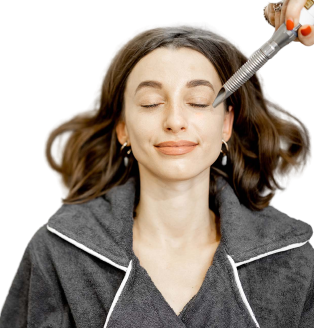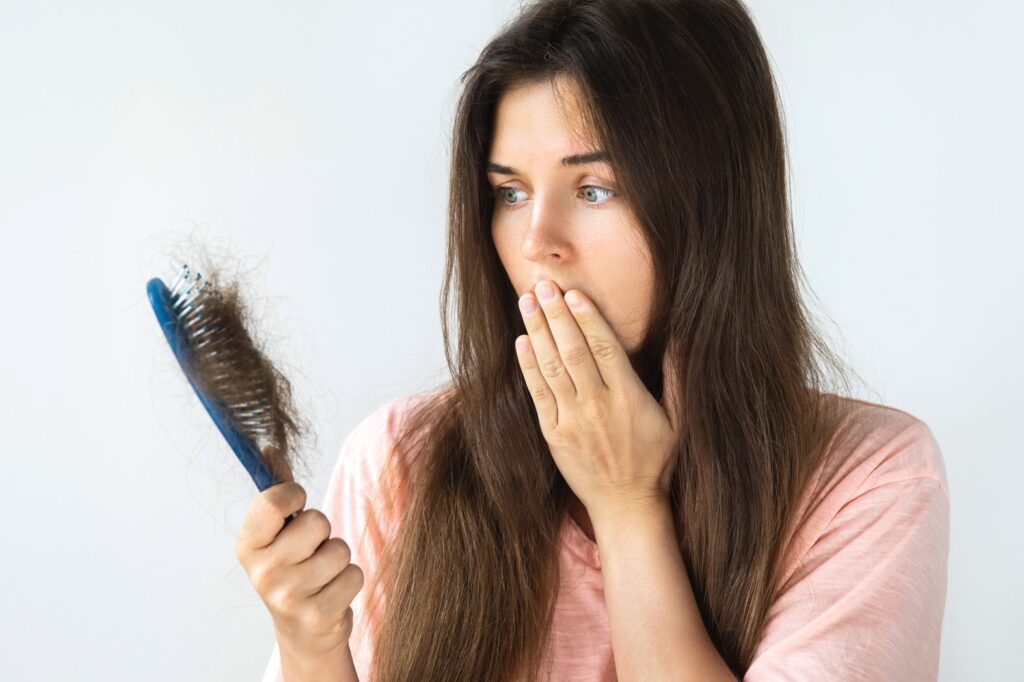- Home
- Conditions
- Treatment
Skin Treatment
MenuLaser Treatment
MenuHair Treatment
Menu
- About Us
- Contact Us
- Feedback Form

Service Details
Don’t let hair loss hold you back any longer

Anagen effluvium: This is caused by drugs and medications that damage the growing hair follicle.
Telogen effluvium: This is caused by an increased number of hair follicles reaching the telogen phase, which is the stage where hair falls out.
Androgenetic alopecia/female pattern alopecia/female pattern hair loss (FPHL)/baldness: This type is the most common. Hair thins over the top of the head and on the sides.
Nam velit est, luctus vel porttitor vitae, facilisis quis odio. Mauris ultrices.
Sed nec enim tempor, luctus nisi quis, cursus erat. Vestibulum mi purus, fermentum non imperd.
Copyright © 2022